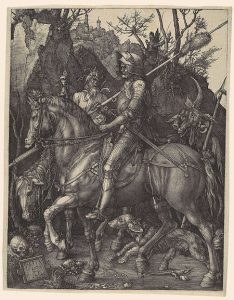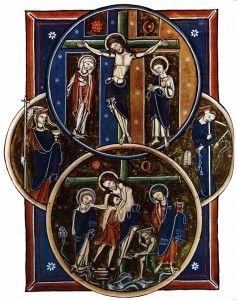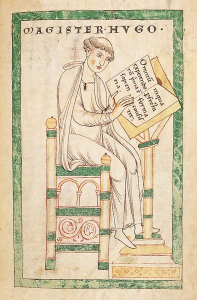“A second question: ‘Suppose my lord were wrong in going to war.’ I reply: If you know for sure that he is wrong, then you should fear God rather than men, Acts 4 [5:29], and you should neither fight nor serve, for you cannot have a good conscience before God.” Martin Luther, Whether Soldiers, Too, Can Be Saved, in Luther’s Works, vol. 46, p. 130.
 Dr. Luther addressed the topic of just war and the soldier’s responsibility in this work in 1526. War, similar to most periods in human history, played a central role in sixteenth century society. The Peasants’ War had recently taken place, European monarchs continued to fight one another, and the Ottoman Turks moved northward into central Europe in the 1520s. In this work Dr. Luther stated that being a soldier could be a legitimate vocation for a Christian under certain circumstances. In the quote above, he specifically asserted that soldiers should not fight or serve for an unjust cause. While Luther rejected the idea of a crusade or holy war, he did believe that temporal powers could wage just wars when necessary in this sinful world. (See: http://wp.cune.edu/matthewphillips/2015/06/15/luther-on-the-crusades/)
Dr. Luther addressed the topic of just war and the soldier’s responsibility in this work in 1526. War, similar to most periods in human history, played a central role in sixteenth century society. The Peasants’ War had recently taken place, European monarchs continued to fight one another, and the Ottoman Turks moved northward into central Europe in the 1520s. In this work Dr. Luther stated that being a soldier could be a legitimate vocation for a Christian under certain circumstances. In the quote above, he specifically asserted that soldiers should not fight or serve for an unjust cause. While Luther rejected the idea of a crusade or holy war, he did believe that temporal powers could wage just wars when necessary in this sinful world. (See: http://wp.cune.edu/matthewphillips/2015/06/15/luther-on-the-crusades/)
In 1523 Dr. Luther had written similarly concerning this issue: “What if a prince is in the wrong? Are his people bound to follow him then too? Answer: No, for it is no one’s duty to do wrong; we must obey God (who desires the right) rather than men [Acts 5:29].” Martin Luther, Temporal Authority, in Luther’s Works, vol. 45, p. 125.


